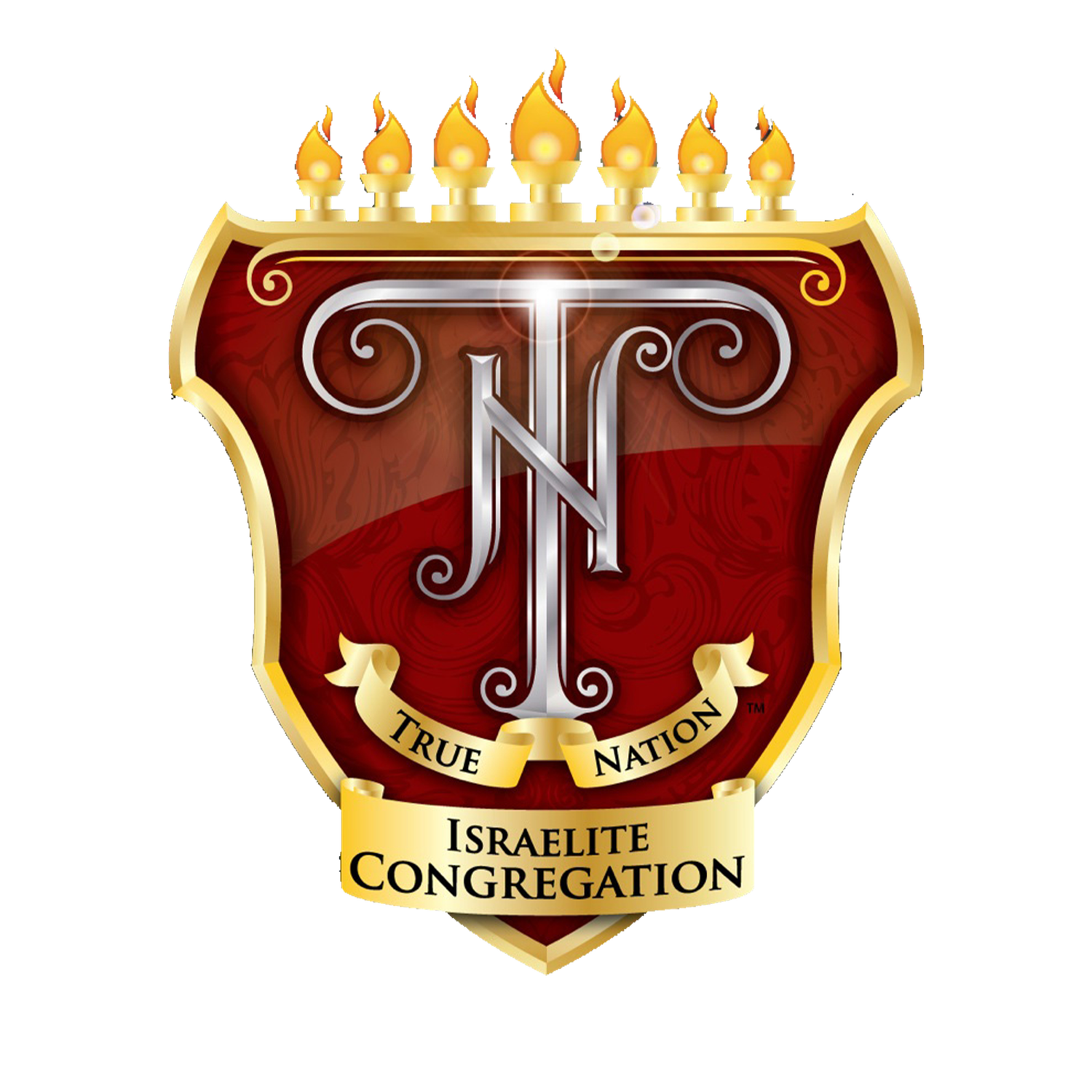
Day of Atonement
The Holy Day of Atonement is a sanctified day of the Lord in which He allows all of Israel to repent for their sins committed throughout the year. The Most High requires all of Israel to afflict their souls by fasting. It is a Sabbath day in which no working, buying, selling, or cooking shall be done.
Leviticus 23:26-32: [26] “And the LORD spake unto Moses, saying, [27] Also on the tenth day of this seventh month there shall be a day of atonement: it shall be an holy convocation unto you; and ye shall afflict your souls, and offer an offering made by fire unto the LORD. [28] And ye shall do no work in that same day: for it is a day of atonement, to make an atonement for you before the LORD your God. [29] For whatsoever soul it be that shall not be afflicted in that same day, he shall be cut off from among his people. [30] And whatsoever soul it be that doeth any work in that same day, the same soul will I destroy from among his people. [31] Ye shall do no manner of work: it shall be a statute for ever throughout your generations in all your dwellings. [32] It shall be unto you a sabbath of rest, and ye shall afflict your souls: in the ninth day of the month at even, from even unto even, shall ye celebrate your sabbath.”
The Day of Atonement is kept on the 10th day of the seventh month of the Hebrew Lunar Calendar (see the Holy Days Calendar). Remember all Holy Days begin at even or sundown. Knowing this you’ll understand why in verse 32 it says on the 9th day at even which scripturally would begin the 10th day.
Afflicting our souls by fasting can be proven through the scriptures below:
Psalms 35:13: “But as for me, when they were sick, my clothing was sackcloth: I humbled my soul with fasting; and my prayer returned into mine own bosom.”
Isaiah 58:5-6: “Is it such a fast that I have chosen? a day for a man to afflict his soul? is it to bow down his head as a bulrush, and to spread sackcloth and ashes under him? wilt thou call this a fast, and an acceptable day to the LORD? [6] Is not this the fast that I have chosen? to loose the bands of wickedness, to undo the heavy burdens, and to let the oppressed go free, and that ye break every yoke?”
Lastly, to understand how Yahawashi (Jesus Christ) plays a roll in our time of repentance and atonement, read the following scriptures:
Num 29:7-11: “And ye shall have on the tenth day of this seventh month an holy convocation; and ye shall afflict your souls: ye shall not do any work therein: [8] But ye shall offer a burnt offering unto the LORD for a sweet savour; one young bullock, one ram, and seven lambs of the first year; they shall be unto you without blemish: [9] And their meat offering shall be of flour mingled with oil, three tenth deals to a bullock, and two tenth deals to one ram, [10] A several tenth deal for one lamb, throughout the seven lambs: [11] One kid of the goats for a sin offering; beside the sin offering of atonement, and the continual burnt offering, and the meat offering of it, and their drink offerings.”
Traditionally we’d offer animal sacrifice for forgiveness, however since Christ was the last sacrifice (Acts 5:30-31; Hebrews 9:11-15) we no longer need to sacrifice animals as sin offerings. We have been made clean through our repentance and the blood of the unblemished lamb Yahawashi.
